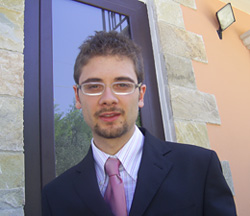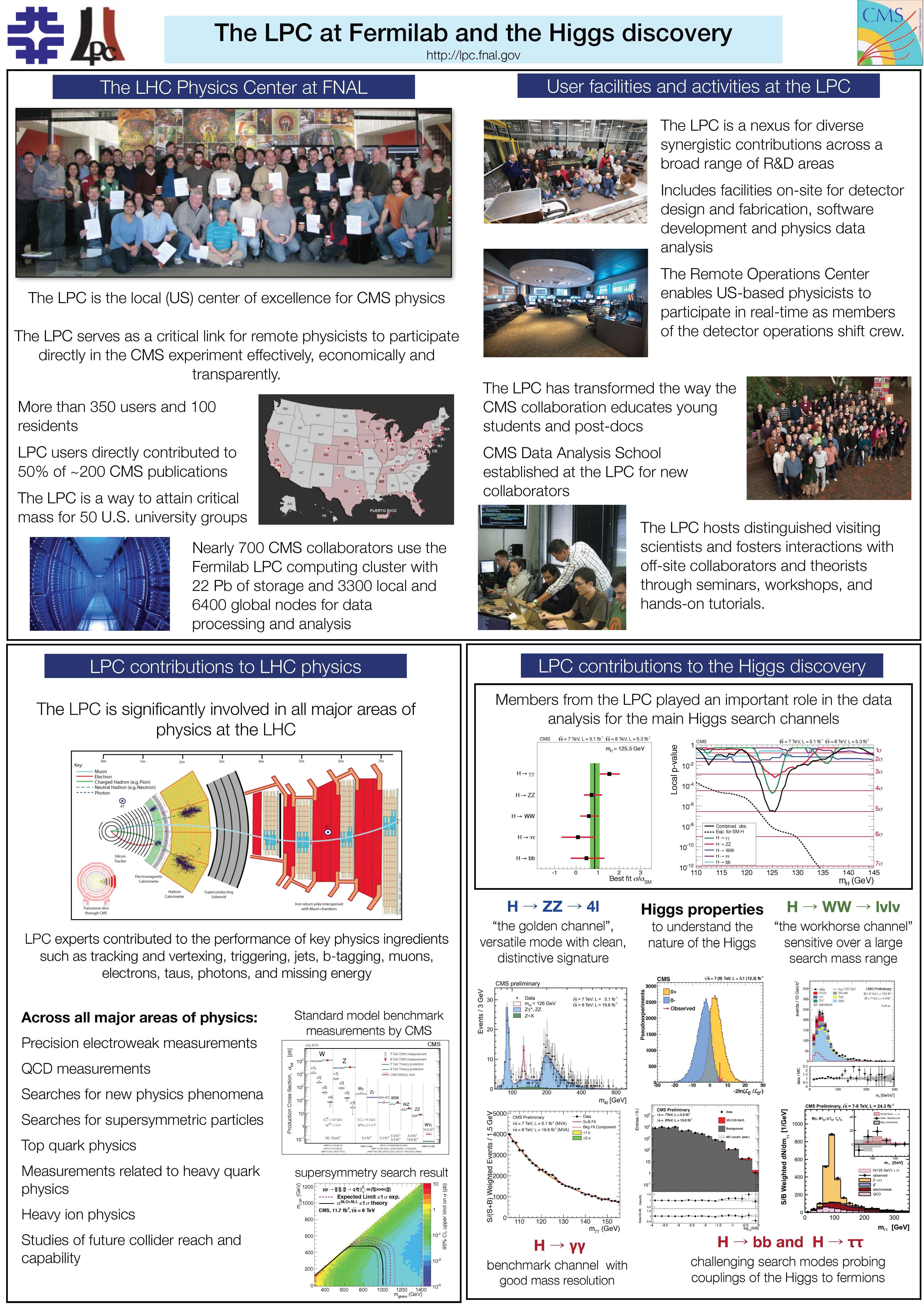LPC Fellows

Name:
Michele De Gruttola
Email:
Personal web link:
What I will be working on:
I will work on Higgs search, which will be a topic of great interest in 2011, when LHC integrated luminosity will start to be competitive with TeVatron's capabilities. Two Higgs channels currently deserve more activity and involve the presence of a Z/W boson, the first important at high Higgs mass the second at low masses:
The search of the Higgs in the final state including 2 lepton and 2 jets from the two "on-mass shell" Z seems to be promising and feasible at large Higgs mass because of the larger decay branching ratio. A complete study needs to be addressed including the MC study, the identification of lepton and jets, the optimization of the analysis, the estimate of background from data, the evaluation of systematic uncertainties.
It is interesting to evaluate the sensitivity of the Higgs search in the associate production of the Higgs with an gauge boson ('Higgs-strahlung'), when he Higgs decays in bbar and the Z/W in leptons and neutrinos. With respect to Tevratron LHC would suffer from a larger background but recent phenomenological studies, investigating areas where both the bosons have large transverse momenta indicated that these processes can be recovered as promising search channels for a low mass Standard Model Higgs boson.
My role in CMS past and present:
in my PhD program I focused my activity on the development of original methods to measure with a fully data-driven approach the inclusive Z→μμ cross section based on a simultaneous fit of the Z→μμ event yield, the average reconstruction muon trigger and efficiencies in the tracker and in the muon detector, as well as the efficiency of the selection of isolated muons. The work results in the first measurement of the Z→μμ inclusive cross section presented at the ICHEP conference in July 2010 and publication of this measurement with an integrated luminosity of 3 pb-1.
I also worked as CERN technical stident at the development and deployment of common CMS tool to store the CMS condition and calibration data in the CMS central condition databases, within the Database group of CMS Offline project. During the technical student program at CERN and afterwards I contributed to the development of a framework, named PopCon (Populator of Condition object), to store the condition and calibration data of the CMS detector into the condition database. I developed also a web monitoring tool, currently used by database subdetector experts to monitor database activity and the correctness of condition data upload.
